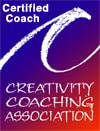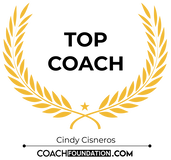|
Today I want to tap into what I affectionately call in session “the lizard brain” or petting the cat: the natural, organismic, animal part of you. This is the part of you where instinct and body knowledge live, untampered with by your mighty prefrontal cortex. It is a set of natural drives and signals that most living things live by, and in many ways we have evolved away from. For better and worse, we bring in the “intellectual committee” when making decisions, sometimes overriding our organismic needs. There are certainly times for that. There are also certainly times when it is less useful. Ideally, I want you to be able to identify both your natural instincts and your “committee” decisions, and make a choice as to which you need to follow. Since I think human beings are evolved and accomplished at doing the latter (“the committee”) I want to dedicate this blog post to the former (“the lizard brain”). So- let’s take some time and space to check in with yourself: how are you at listening to your instincts?
You may connect with this notion of instincts by one of its many names in today’s society- body knowledge, Mommy instincts, protective instincts, gut feelings, initial reactions, first impressions, etc. It is a visceral screaming of “yes” or “no” inside you. If you have to “decide” about something, then that is probably not your instinct about it. I was listening to a book (still listening to Caroline Casey) who quoted a zen master on this very topic- she said this zen master described the concept of zen to her as “when I am hungry, I eat, when I am tired I sleep.” What a basic and beautiful example of meeting simple organismic needs. Yet- how often do we neglect to do this? We eat when we aren’t hungry, we don’t sleep when we are tired- yes, I know there are many reasons why- but we can’t deny that the overall effect is neglecting our animal self. When we neglect our animal self, or “basic needs” in hierarchy of needs psychology, there is a fall-out. One of these is that we lose sight of and connection with that part of ourselves. If we aren’t giving our body what it wants, eventually we stop listening to what it is asking us for, until we finally block it out altogether and aren’t even sure what our instincts are. Another cost of this behavior is- we are in a contestant state of alarm or stress. If, again, you think about an animal without regular reliable food, water, shelter, safety, routine, structure, exercise etc, what you get is a stressed out, unhappy, neurotic animal. For human beings it is the same. When we neglect our basic needs we are constantly plagued by an undercurrent of anxiety and stress. I want to take a minute and address the difference between instincts and hedonism. In other words, needs vs wants. All livings things also have a survival instinct that drives us to excess (hedonism). It says- “this is good- more!” and is not the same as meeting basic needs. This is something for you to keep in mind as you tease apart what your natural self is asking you for- for now, remember that these two things are not the same. I said earlier that one of the modern-day society names for these instincts is “body knowledge” and in fact this is a concept touted in psychology (especially related to trauma). Essentially what it means is- your body stores experiences and knows what you need on a visceral level. This means you can trust that your instincts. If you are listening to them correctly, they are giving you an accurate picture of your needs. Instincts know when you are suffering, when you are well, and what you need to stabilize. Your body stores your own individualized instruction manual for the recipe to your peace and happiness. Sounds a little too good to be true, doesn’t it? To strengthen this natural force within you, you need to tap into it and listen to it often. If you haven’t done this much, or even at all, I want you to start by “petting the cat.” Consider your most basic organismic needs (do a simple inventory) and make sure that they are met. Drink enough water. Eat enough good foods. Be physically active. Be social. Get enough sleep. Adhere to a routine. Eliminate toxicity and poisons. Do this diligently for at least two weeks and record your anxiety and stress level as you go. I promise you will feel more grounded, safe and calm. By “petting the cat” you are getting back in touch with your instinctual natural self by giving it what it needs. A second step: once you are meeting your basic needs, begin to notice when your “lizard brain” is asking you for something. You will begin to notice fatigue when you deviate from a routine, miss a meal, etc. Begin to make the connection with these natural and basic patterns of cause and effect in your body. Strengthen the connections by noticing them and meeting the needs they are asking you for. As you continue in this work, you might add a meditative practice to quiet your thoughts (eg consciously telling the committee to stop talking to you) and access your instincts. Begin to notice the answers to questions like, what “feels right”? Over time, my goal for you is not to lose you intellectual capacity, but to supplement it with your strong instinctual knowledge. When making decisions I want you to have access to both an intellectual and visceral information source, and when these differ an ability to choose between them. Did you know this skill enhances not only your overall sense of wellbeing, but also your artistic practice? Give me a call and let’s talk more about how. (C) 2018 Creatively, LLC So often what I am inspired to share in my blog is advised by the skills I see clients most seeking, or find I am most frequently recommending. This particular skill- grounding- you may have heard of before (especially if you have sat in my office!) and I have referenced in past posts. But- it is so powerful and has gotten so much clinical mileage for me lately that a blog post dedicated to the skill seemed apt.
Let’s test what you know. I was in an HR based skills training trying to get clinicians to buy in to some organizational changes several jobs ago. The hook to the training was about tying your shoe. The presenter said things that you think you know how to do and have been doing for years, you may be doing wrong. To prove the point, the presenter showed us all the “correct” way to tie our shoes- which was different by one move for most of us. I share that experience to say to you- you may think you know grounding- but there may be more to learn to do it more effectively for yourself. (I think I am in a story-telling mode to illustrate points from listening to Caroline Casey’s audiobook- which is wonderful by the way). Grounding, put simply, is focusing on “lizard brain” things and not “prefrontal cortex” things. In other words, I am not interested in what your inner cerebral committee has to say during grounding exercise. I am interested in sensory experiences and direct data input happening in real time from the world around me. What happens is, since we are higher brain capacity and cognitive beings, we can become tied up in those parts of ourselves to our detriment. Life experiences can also take control and get us “stuck” in our heads. Grounding is essentially doing something, or a series of somethings, to bring you back into basic functioning and absorption of immediate experiences. Something you may have mislearned: meditation does not mean grounding. Meditation can be relaxing and has a great many therapeutic benefits (I definitely use them myself and in client work!) but they are not what I mean by grounding exercises. Oftentimes, we hear meditation and mindfulness used interchangeably and together, and so equate them. In fact, meditation is not the same as mindfulness, which is closer to grounding activities. I also want you to understand that while grounding exercises are be necessity very simple, there is power in that simplicity and such is the point. When you are doing these exercises your goal is to engage in them at a length of time that is proportionate to the amount of stress you were under before you began. You are trying to bring yourself out of your head and into the present, so you have to spend as much time coming out of the rabbit hole as you spent going in. Grounding exercises are also not the same as coping skills. While grounding can be used as a type of coping skill, and some coping skills are certainly grounding, an association does not a mirror make. Remember too, that coping skills are meant to help you survive a period of time or a certain thing- that is their function. The function of grounding is to accomplish a very specific thing- take you out of your intellectualizing prefrontal cortex altogether. Of course I wouldn’t share an article with you about grounding without giving you some grounding exercises to try. While these are good exercises for anyone, I have found this particular list to be especially useful to creative people:
(C) 2018 Creatively, LLC If you are having an emergency, dial 911 or go to the nearest emergency room.
**IF YOU CANNOT ANSWER THIS QUESTION “YES” YOU ARE HAVING A MENTAL HEALTH EMERGENCY: CAN I KEEP MYSELF AND OTHERS SAFE?” You may also contact one of the following resources for urgent, non-emergency help: Grassroots Crisis Hotline (Howard County Residents): 410-531-6677 Sheppard Pratt Crisis Walk-In Clinic: 410-938-5302 National Suicide Prevention Hotline: 1800-273-8255 Baltimore County Crisis Response System: 410-931-2214 Maryland Crisis Hotline 1800-422-0009 app: “There is Hope” Suicide Prevention App for Smartphones: Apple App Store: https://itunes.apple.com/us/app/there-is-hope/id1122136102?mt=8 Google Play Store: https://play.google.com/store/apps/details?id=com.nextlogik.grassroots&hl=en |
get more from The Creativity CoursesLiking educational topics and knowing what's hot in creativity? Creatively has online courses, with an interactive creative community, coaching sessions and more in the Creativity Courses. Want these blogposts in a newsletter? Subscribe here, and get a free gift. Cindy Cisnerosis a Creativity Coach, Creative Therapist and Professional Artist in Sykesville, Maryland. She is an expert straddling the realms of arts, creativity research, psychology, therapy, and coaching. She provides Online Creativity Counseling in Maryland and Virginia, and Online Creativity Coaching throughout the USA, Canada and the UK tailored for the discerning, imaginative, artistic, and neurodiverse. The information provided in this blog is from my own clinical experiences and training. It is intended to supplement your clinical care. Never make major life changes before consulting with your treatment team. If you are unsure of your safety or wellbeing, do not hesitate to get help immediately.
Archives
July 2024
|
|
Concierge Therapy for Creatives in Maryland
Creativity Coaching Worldwide including the USA, UK and Canada |
Telephone |
|

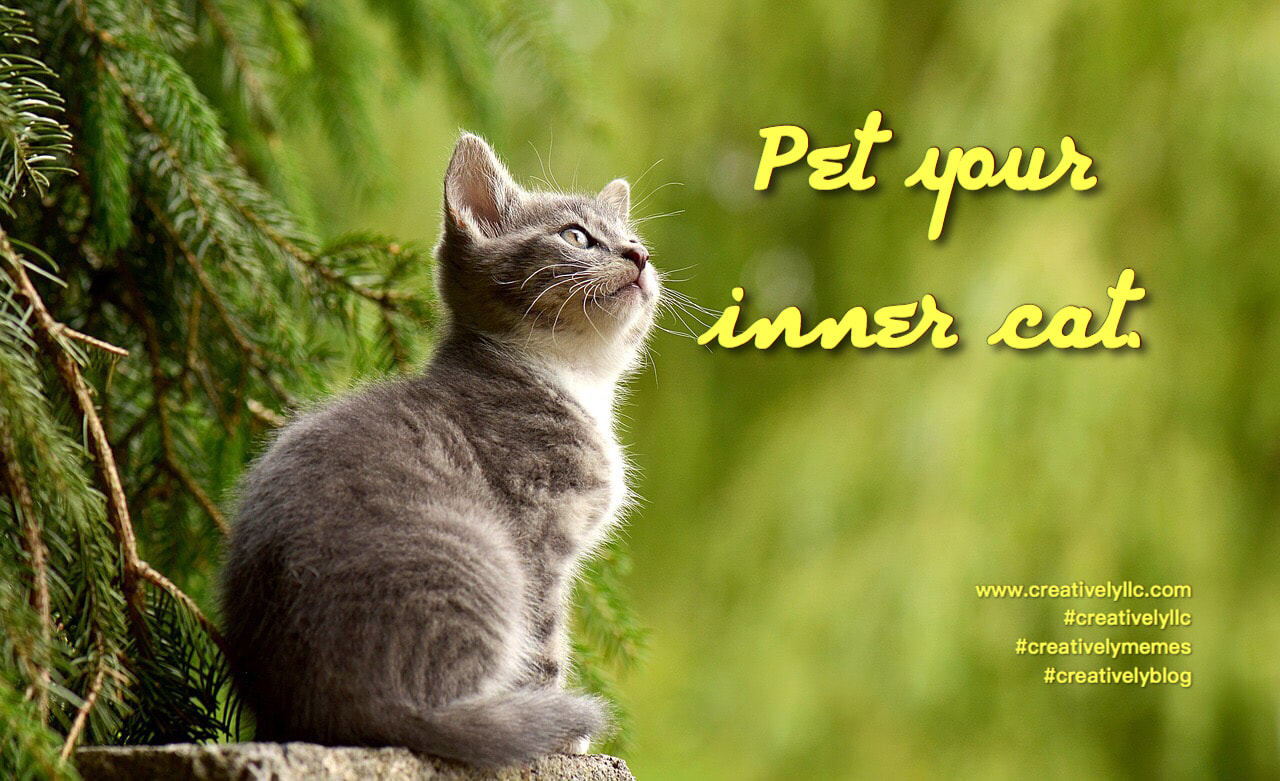
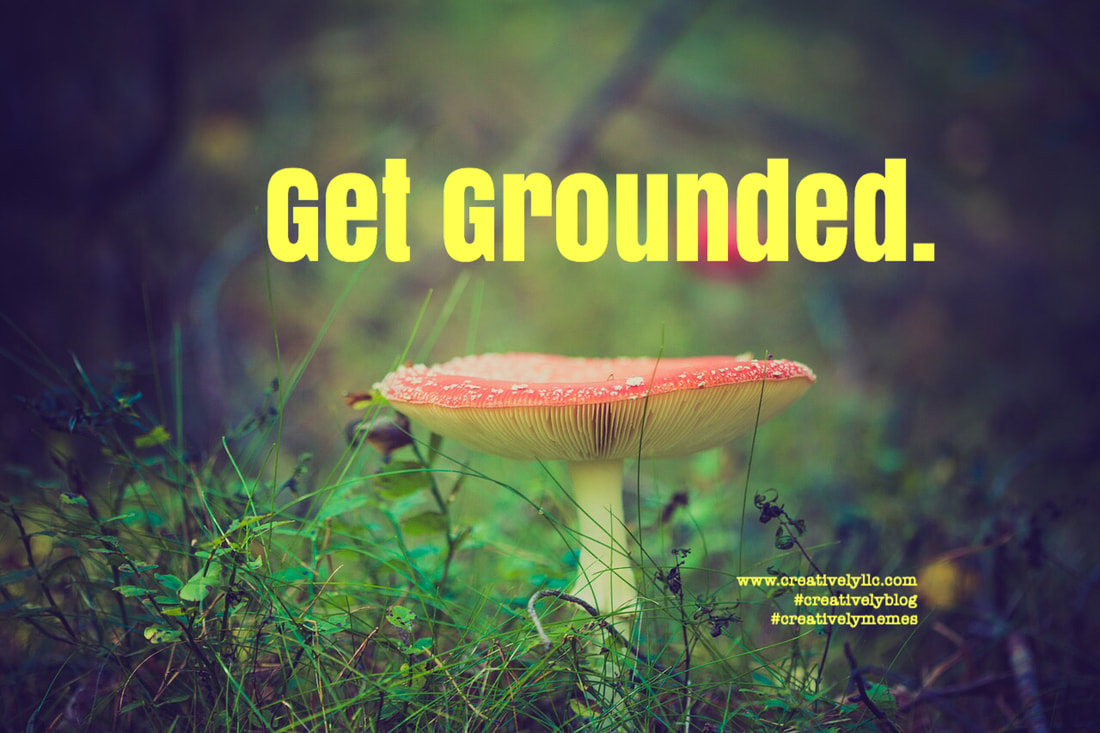
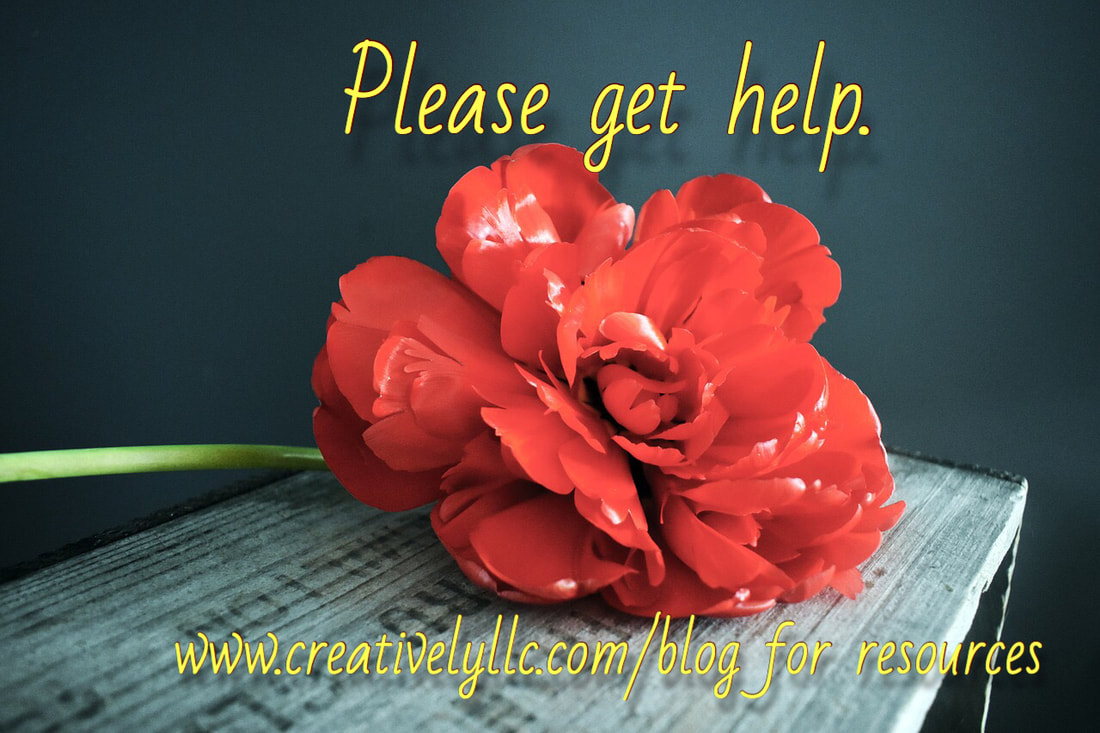
 RSS Feed
RSS Feed
